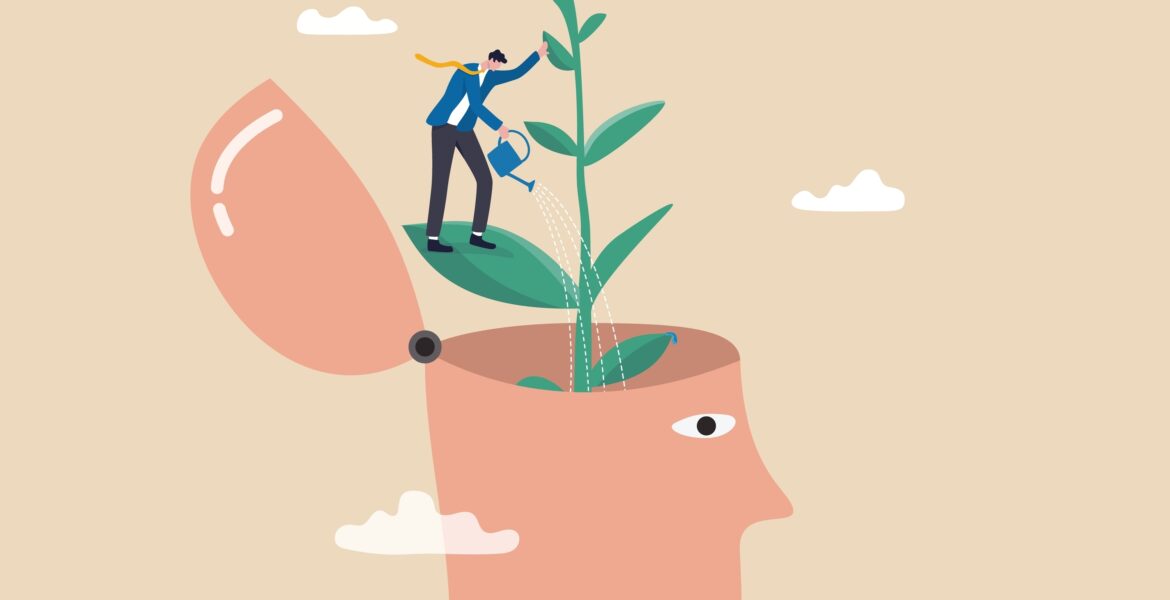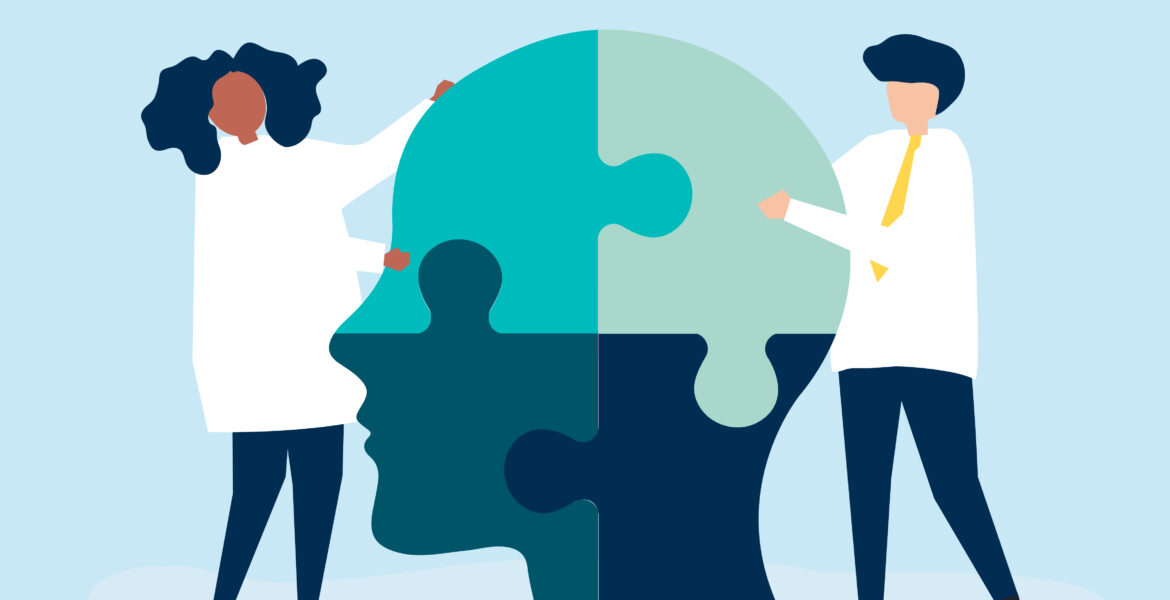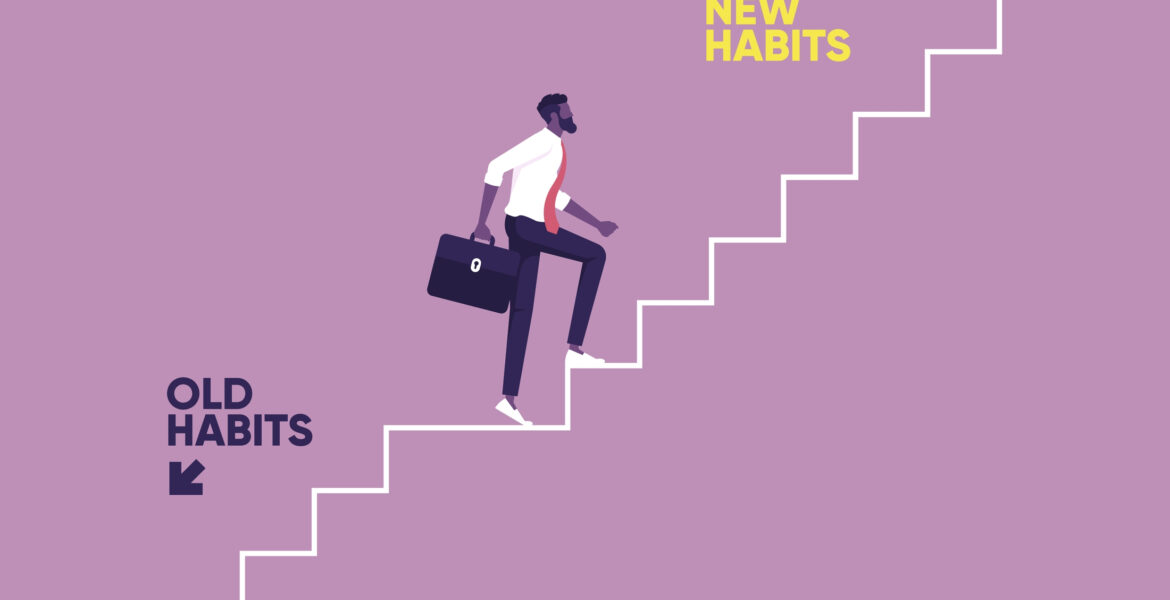1. Introduction: Defining gratitude and its purpose
How Gratitude Can Improve Your Life
The feeling of gratitude is one that we all know well. It is the appreciation or thanks we feel when we receive a gift, receive a kind act, or simply witness something beautiful. But what you may not know is that gratitude can have a profound effect on your life – improving your physical and mental health, your relationships, and your overall well-being.
Gratitude is more than just a feeling of happiness; it is recognizing the good things in our lives, even amidst difficulties. And research has shown that cultivating an attitude of gratitude can lead to all sorts of benefits.
For example, gratitude has been linked with increased mental and physical health. In addition, studies have shown that appreciation can lead to increased happiness and life satisfaction and even help reduce stress and anxiety.
In addition, gratitude can also improve your relationships. People who express gratitude are more likely to feel closer to others and to receive support from them. Gratitude can also help you to be more forgiving and less likely to hold grudges.
Finally, gratitude can also lead to overall increased well-being. People who practice gratitude daily report feeling happier, more positive, and more satisfied with their lives.











